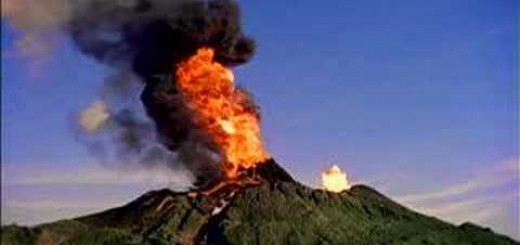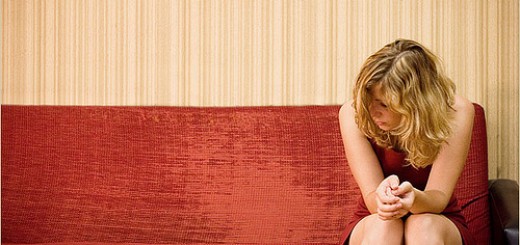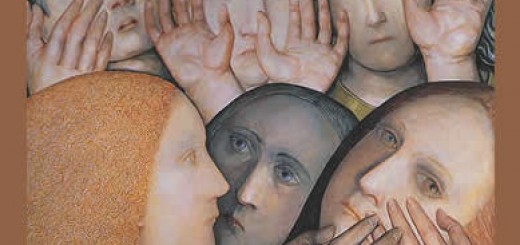A personal rant about complacency
The third and final chapter of the book of Nahum is a battle cry.
Woe to Nineveh!
Woe to this city of blood!
Woe to this city, ‘full of lies, full of plunder, never without victims!’ (Nahum 3:1)
This has gone on for far too long, enslaving nations by prostitution and violence and witchcraft.
God will put a stop to this and there’s nothing Nineveh can do to change it.
God will humiliate the rich and powerful. He will reveal their naked shame. He will make a spectacle of them. And no one will be there to comfort them or save them.
Nahum reminds his readers of the city of Thebes, that strong, well-protected pride of Upper Egypt, that no one ever imagined could be defeated. And yet that city fell in 663 BC, the people of Nineveh would have known that. Nowhere is invincible. No one is invincible.
The people of Nineveh have taken their eye off the ball. They have become complacent. They are resting on their reputation. They’re believing their own press.
All your fortresses are like fig-trees
with their first ripe fruit;
when they are shaken,
the figs fall into the mouth of the eater. Nahum 3:12
The city is ripe for the picking. The troops have become weak, the defences flawed, the leaders are sleeping.
Nothing can heal you;
your wound is fatal.
All who hear the news about you
clap their hands at your fall,
for who has not felt
your endless cruelty? Nahum 3:19
I can’t shake off the feeling that the message of this chapter is about complacency – and that there is a message for our nation here.
Just last night, there was another terrorist attack, this time at London Bridge. We are a nation under attack. No question about that.
What I don’t understand is why that surprises us.
Prepare for a rant, a personal rant. I am not qualified in current affairs and politics, but this is my personal response.
As a nation, we have become complacent. We have not fully realised the consequences of the actions of our nation towards other peoples. For centuries, we have believed that it is OK to invade other lands with our civilisation and ‘better way’. We have treated indigenous groups as less than ourselves and exploited them and their land for our own gain. We have marched in with our armies to sort out wars, mainly to protect our own interests and valuable resources. We have mistreated those who have come to our country to do jobs than no one here was prepared to do.
As communities and individuals, we have shown prejudice, made racist remarks, treated others as less than ourselves. We have not shown tolerance and kindness. We have not welcomed those seeking asylum. We have not listened to their stories. We have expected them to live in inhuman conditions. We have deliberately made it hard for people to find asylum and safety here and make a home for themselves.
In recent years, we have shown ourselves to be isolationist, to think only of ourselves and our own nation, believing that we can do it better on our own. We grieve for the deaths of our own innocents with large displays of mourning and yet ignore those many millions who suffer and die all around the world each day from war, abuse, famine and poverty.
As individuals, we have become complacent. We have got on with our own little lives and thought only of ourselves. We have allowed politicians and world leaders to act on our behalf and make poor decisions with devastating consequences because we have been too lazy to engage. We say we want the world to be a better place, but we are not prepared to change our lifestyles to make that happen. We say that we abhor hatred and evil and yet our Facebook posts are filled with hatred and we think it’s OK to say that that the perpetrators should ‘rot in hell’.
 So why are we surprised that these terrible things are happening? This is the world that we have made for ourselves. This is where our history has been leading us.
So why are we surprised that these terrible things are happening? This is the world that we have made for ourselves. This is where our history has been leading us.
We cannot sit at home in front of our screens, tapping away on our keyboards and posting messages of outrage and hate. We have to be out there, showing love and working for unity.
We have to change if we want things to change.
Instead of hatred, let there be love.
Instead of suspicion, let there be trust.
Instead of division, let there be unity.
Instead of fear, let there be peace.
Instead of me and mine, let there be us and ours.












